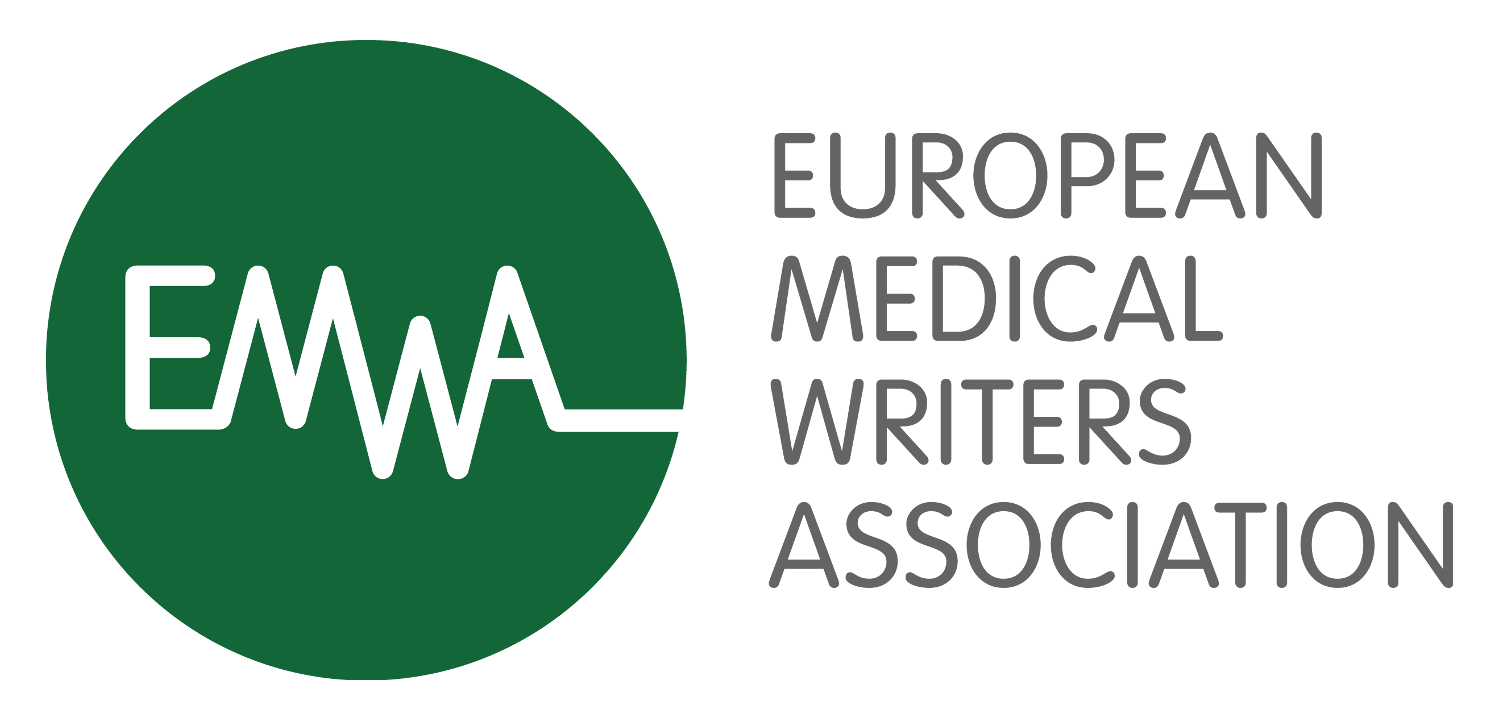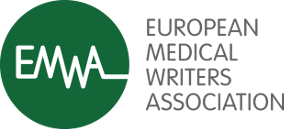Expert Seminar Series
The EMWA Expert Seminar Series (ESS) welcomes experienced medical writers, heads of medical writing departments, and industry leaders from other disciplines who are interested in the latest developments affecting the medical writing industry and playing a role in shaping the world of medical writing.
There is the option to join ESS session(s) online.
Wednesday 10 May
ESS 1 - Advisory board meetings and evolving role of medical writers
Medical advisory boards are instrumental in helping biopharma and medtech companies to get expert insights from healthcare professionals (HCP), payers, patients, representatives of patient associations, patient advisors and non-HCP specialists. These meetings develop key scientific messages that address unmet needs, help prepare product development plans, best communicate scientific evidence and get insights on clinical practices. Since the start of the COVID-19 pandemic, there is a growing trend of virtual advisory board meetings. A survey done earlier to study key opinion leader insights for advisory board meetings suggested that most advisors did not have a clear understanding of the goals of the advisory board meeting they attended, and they received little or no information from companies about the impact their advice had on meeting outcomes.
-
8:45 AM
to
8:55 AM
-
10:00 AM
to
10:15 AM
-
10:30 AM
to
11:00 AM
-
11:10 AM
to
11:30 AM
-
11:55 AM
to
12:30 PM
ESS 2 - MD ESS - Beyond Traditional Medical Devices
The EU MDR and IVDR have entered into application. For less traditional and perhaps more complicated devices like diagnostics, software, and drug-device combinations, specific guidances have been rolled out in an attempt to untangle the additional compliance challenges these products face. Join us, as we bring together varied perspectives from industry to discuss the ongoing challenges and current best practices, particularly for stakeholders of these niche medical devices. Where are we now and where are we headed?
-
1:30 PM
to
1:40 PM
-
1:40 PM
to
2:10 PM
-
2:10 PM
to
2:40 PM
-
2:40 PM
to
2:55 PM
-
2:55 PM
to
3:25 PM
-
3:25 PM
to
3:55 PM
-
3:55 PM
to
4:40 PM
Friday 12 May
ESS 3: Impact of CTIS on Medical Writing
From 31 January 2022, clinical trials in the EU and EEA have been governed by the Clinical Trials Regulation (Regulation (EU) No 536/2014; EU CTR). As such, Clinical Trials Information System (CTIS) is now the single-entry point for submitting clinical trial information in the EU. Alongside acting as the portal for submission of clinical trial information, CTIS offers the general public an ability to search Sponsor clinical trial information. Clinical documents uploaded to CTIS by the trial Sponsor are subject to transparency rules and a separate ‘for publication’ version of the mandatory documents must be provided alongside the regulatory review version. Documents made public via CTIS include study protocol, patient information sheet, and Investigator’s Brochures. A ‘for publication’ version of the full final CSR, and summary results from the final CSR, together with a plain language summary of the clinical trial results (and relevant translations into local languages) are also required. All must be provided within a specified regulatory time-frame. To comply, organisations have had to review their internal processes, adapt SOPs, engage with and train key document stakeholders and learn new ways of working that ensure a timely delivery of the increased array of mandated publicly disclosed documents. The invited speakers will explore the impact of CTIS on regulatory document preparation by medical writers and this will be further explored in the specialist panel discussion at the end of the presentations.
-
8:45 AM
to
8:55 AM
-
8:55 AM
to
9:40 AM
-
10:25 AM
to
10:40 AM
-
11:25 AM
to
12:05 PM
-
12:05 PM
to
12:15 PM
ESS 4: Safety Communication: Why it matters to patients and healthcare providers
Benefit-vs-Harm decisions are fraught with dynamic tension. The understanding of safety information is critical to this process. When confronted with decisions about their health, patients and their caregivers have historically deferred to the “learned intermediary” – usually, their primary care physician or specialist. These decisions may have involved whether or not a particular drug or medical procedure was the best one for their condition; whether to enrol in a clinical study; how to best comply with recommended administration guidelines; or whether to forego medical intervention in cases of end-of-life care. More recently, patients and their caregivers have assumed a more activist role in making these decisions, exercising agency based on information from a variety of sources.
Join us to listen to different perspectives and to determine the role of the medical writer in providing reliable, accurate, and timely information, particularly on aspects of safety, to better enable informed decision-making.
-
1:30 PM
to
1:35 PM
-
2:55 PM
to
3:10 PM
-
3:10 PM
to
3:50 PM
-
3:50 PM
to
4:30 PM
-
4:30 PM
to
4:50 PM
-
4:50 PM
to
5:00 PM


